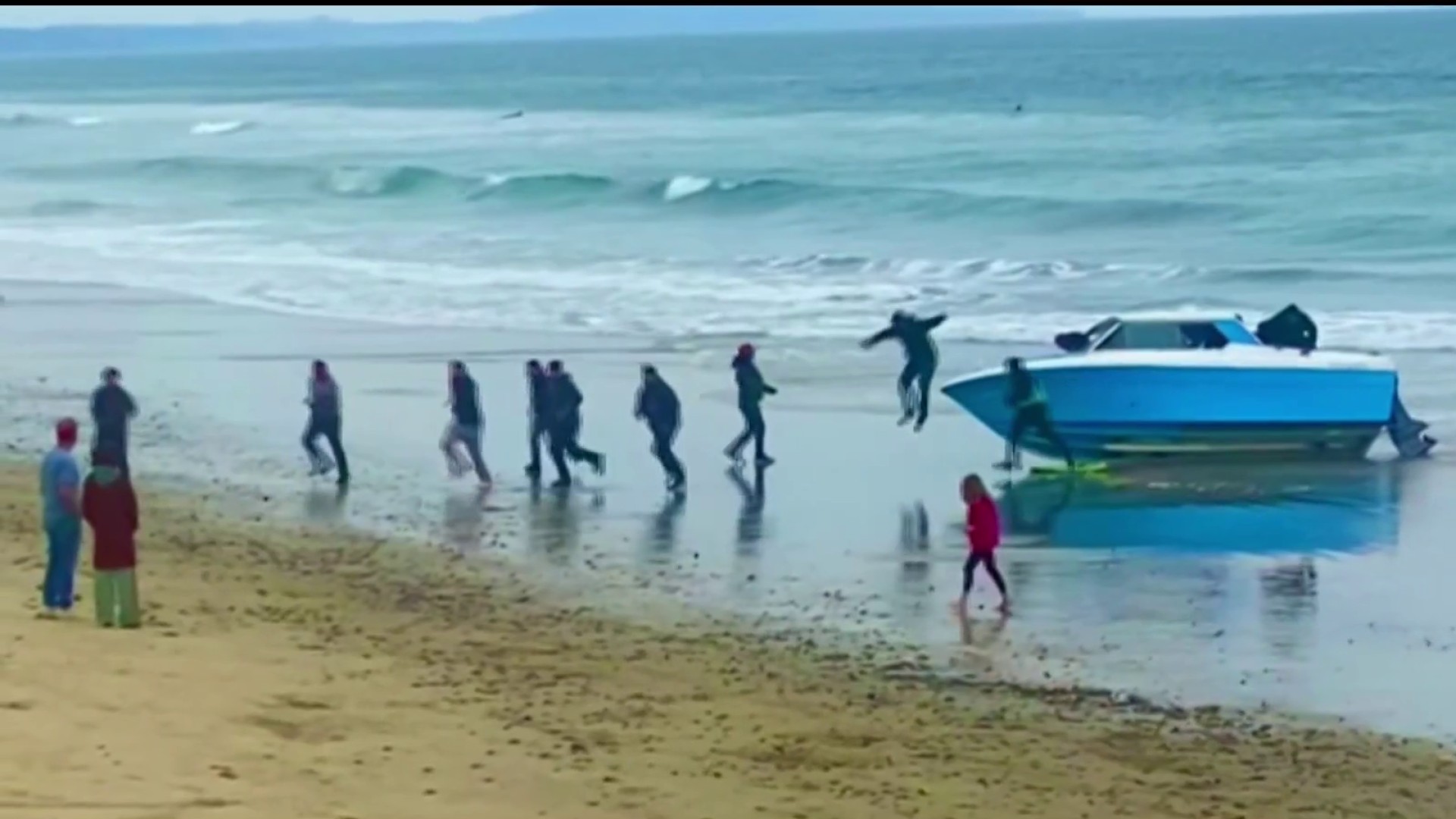If you're firing up the grill for friends or just making dinner for family, you might be at risk for a foodborne sickness. A USDA report found most people have been ignoring its food safety messages.
"There's nothing more frustrating than having an amazing meal together and then people getting sick afterward," said Sandra Eskin with the USDA. "That's not a very great way to celebrate Memorial Day or any holiday.”
The report found that 56% of people don't even try to wash their hands before making food, and of those who do stop at the sink, 95% were washing their hands incorrectly.
“We had a real poor result," said Eskin. "Let's face it, I think people are suffering from hand-washing fatigue because of the COVID-19 outbreak.”
Get San Diego local news, weather forecasts, sports and lifestyle stories to your inbox. Sign up for NBC San Diego newsletters.
Those handwashing numbers are the lowest the USDA has seen in several years. Remember to wet your hands, lather with soap, scrub for 20 seconds, then rinse and dry.
If you're cooking meat, make sure it's thoroughly cooked. That doesn't mean burn it, but making sure bad bacteria has been killed.
“Use a meat thermometer," said Eskin. "If there is any contamination in the hamburger, the chicken breast, the rib, whatever. If it is thoroughly cooked, chances are you will destroy it.”
Local
You can find the USDA's list of internal temperatures for meat here.
Also, be careful of cross-contamination. If you're preparing raw meat and poultry, be sure to clean the surface thoroughly. You can also use a different surface to prep foods that are uncooked, such as salads. You should also do this for knives or other utensils as well.
The USDA's study found 32% of people contaminate plates and cutting boards while cooking.
Finally, leaving food out in the sun or heat for two hours is fine, but if it's a cold dish such as a salad, you should only leave it out for one hour. If you need to leave it out longer, find ways to keep the dish cold, like placing the serving bowl in a larger bowl of ice.
"Keep it cold," said Eskin. "I think that's very important because bacteria love heat."



